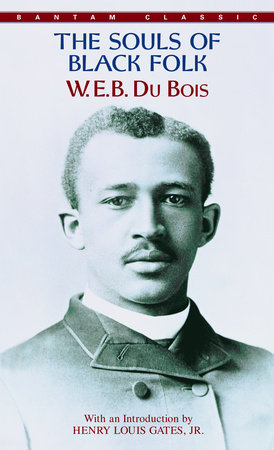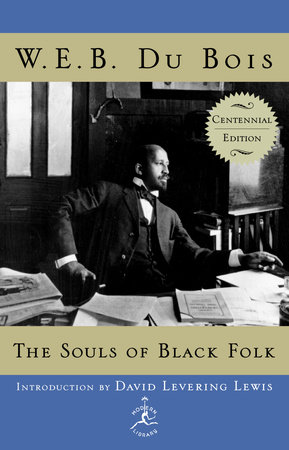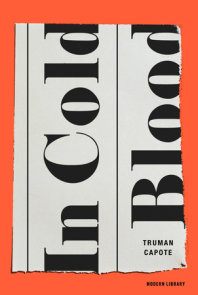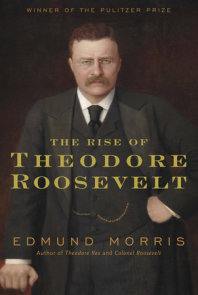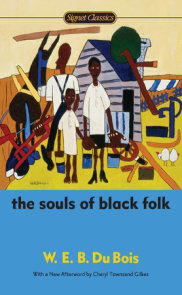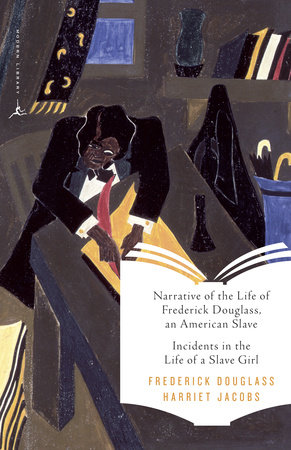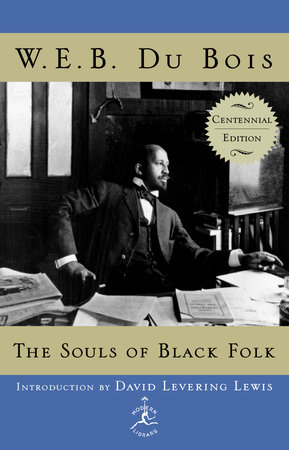

The Souls of Black Folk
By W.E.B. Du Bois
By W.E.B. Du Bois
By W.E.B. Du Bois
Introduction by David L. Lewis
By W.E.B. Du Bois
Introduction by David L. Lewis
By W.E.B. Du Bois
By W.E.B. Du Bois
By W.E.B. Du Bois
By W.E.B. Du Bois
Part of Modern Library 100 Best Nonfiction Books
Part of Modern Library 100 Best Nonfiction Books
Category: Biography & Memoir | Classic Nonfiction | Essays & Literary Collections
Category: Biography & Memoir | Classic Nonfiction | Essays & Literary Collections
Category: Biography & Memoir | Classic Nonfiction | Essays & Literary Collections
Category: Biography & Memoir | Classic Nonfiction | Essays & Literary Collections

-
$5.95
Jun 01, 1989 | ISBN 9780553213362
-
$17.95
Jan 07, 2003 | ISBN 9780375509117
-
Jul 26, 2005 | ISBN 9780553901764
-
Nov 01, 2000 | ISBN 9780679641391
YOU MAY ALSO LIKE

Reading with Patrick
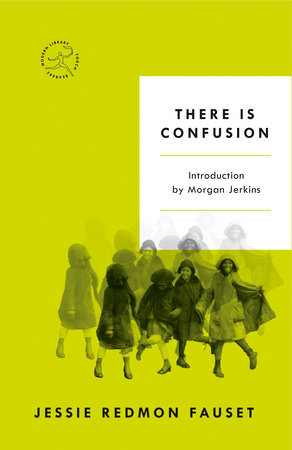
There Is Confusion

Go Tell It on the Mountain
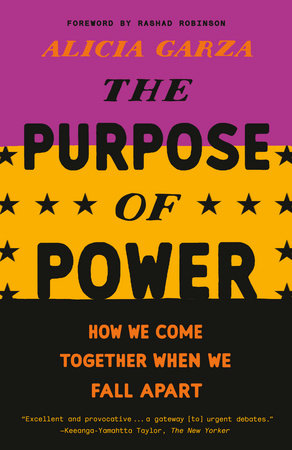
The Purpose of Power
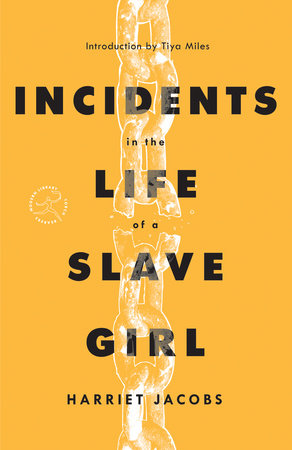
Incidents in the Life of a Slave Girl
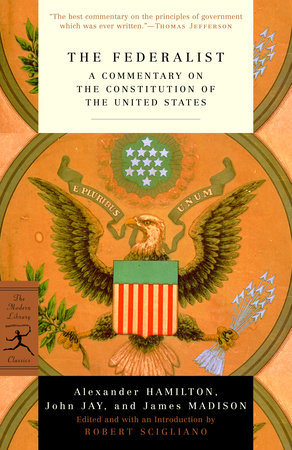
The Federalist
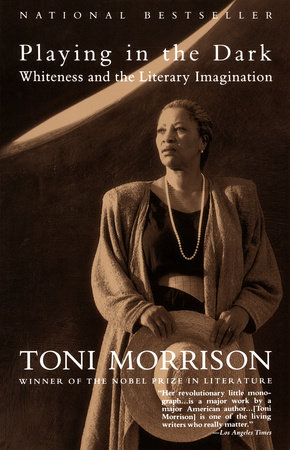
Playing In The Dark
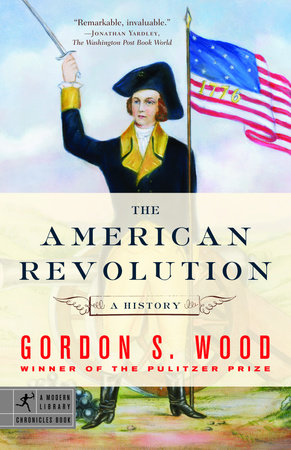
The American Revolution
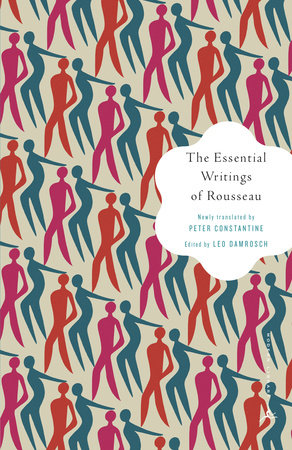
The Essential Writings of Rousseau
Praise
“One hundred years after publication, there is in the entire body of social criticism still no more than a handful of meditations on the promise and failings of democracy in America to rival William Edward Burghardt Du Bois’s extraordinary collection of fourteen essays.” —from the Introduction by David Levering Lewis
21 Books You’ve Been Meaning to Read
Just for joining you’ll get personalized recommendations on your dashboard daily and features only for members.
Find Out More Join Now Sign In








